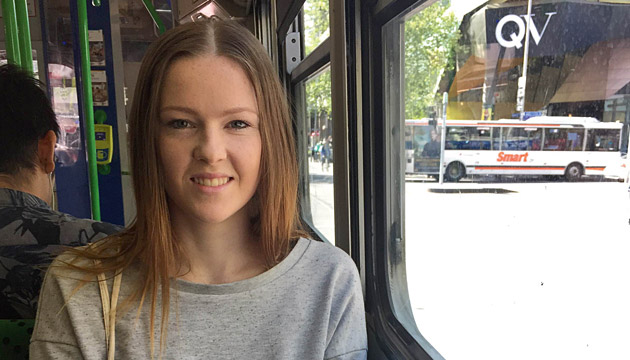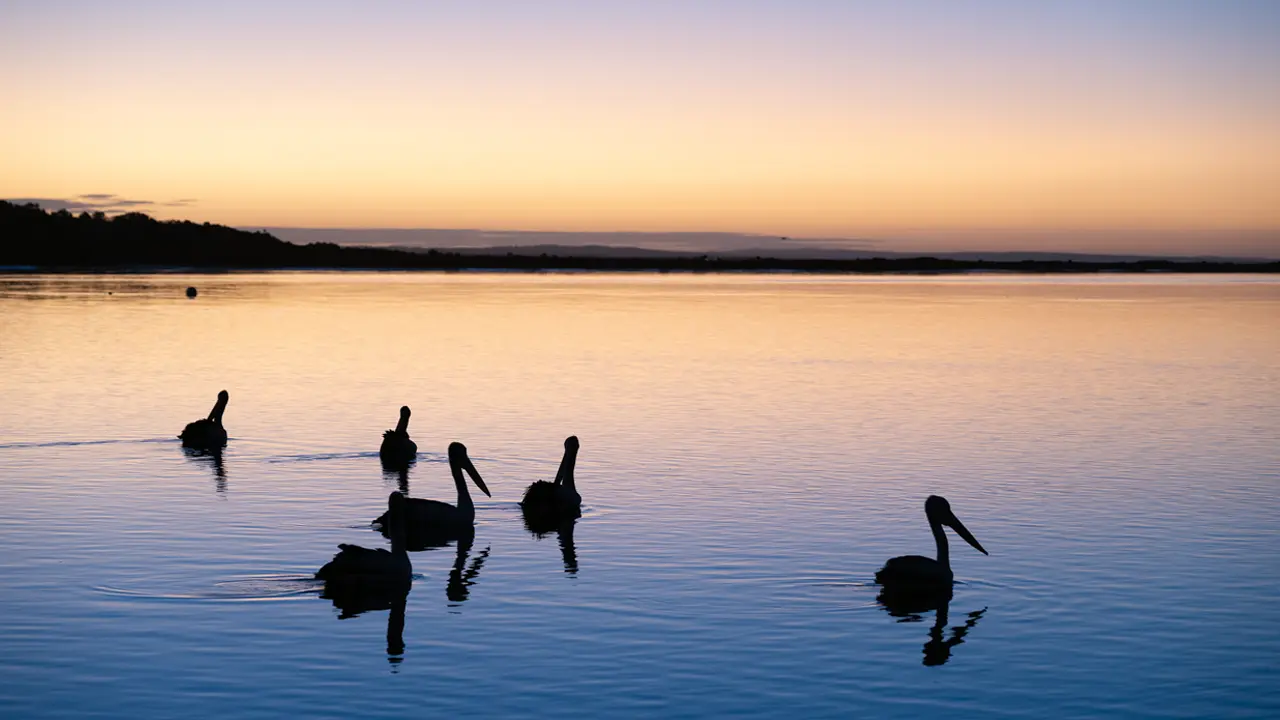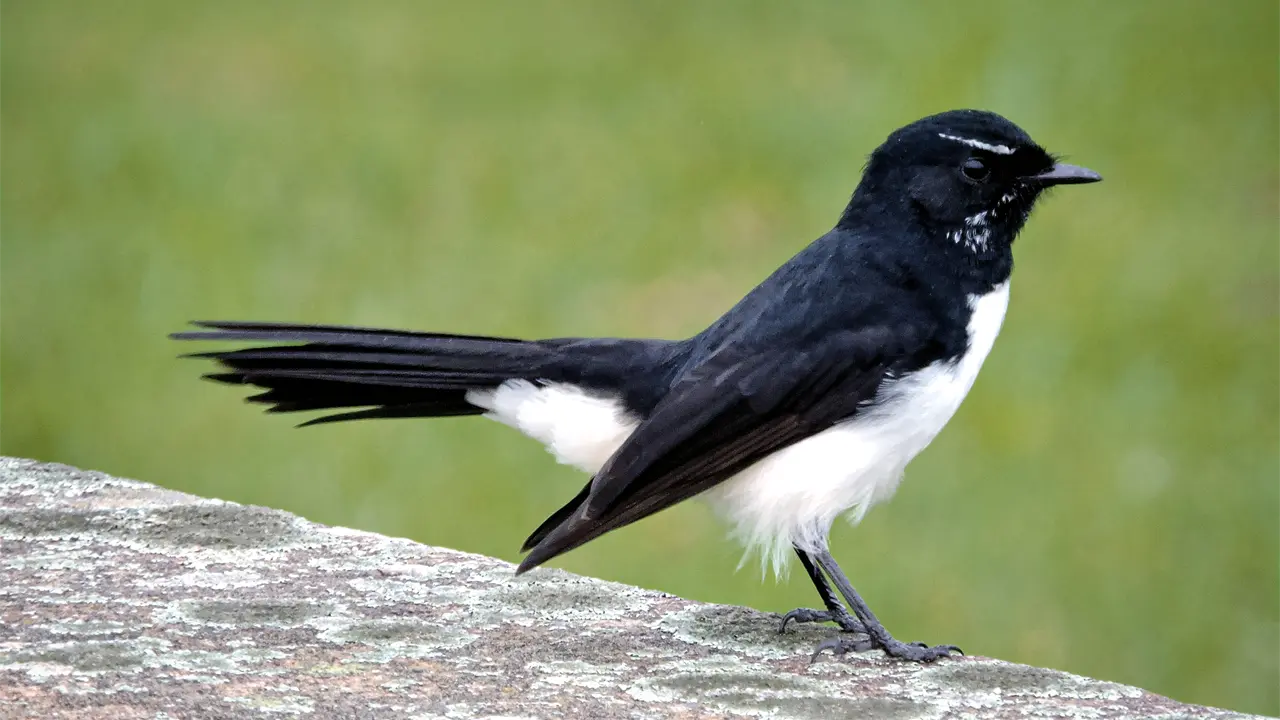The Country Education Foundation has supported almost 4000 disadvantaged rural and regional students to gain access to university degrees, traineeships and apprenticeships.
Story by Ken Eastwood
When Megan Hayes gets her results each semester from her psychology studies at the University of Melbourne, lots of people in her little hometown of Coleambally, NSW, get to see them. But Megan, who is supported by the Country Education Foundation (CEF), doesn’t feel embarrassed that her university results are so widely known in the 600-strong town. In fact, she sort of likes it.
“I send my email with all my results and it’s not just like, ‘We know’, but they send an email back saying, ‘We’re really proud of you’ and ‘You’re doing really well’,” she says.
Megan was a boarder at Kildare Catholic College in Wagga Wagga when she decided to study psychology. Moving to Melbourne at the start of 2015, she was worried about the costs of living away from home, as well as tuition fees, textbooks, etc. “When I decided that I wanted to go to uni in Melbourne, I looked at scholarships and grants because it’s very expensive to be in Melbourne,” she says. Megan applied for a grant with the Coleambally Darling Point Country Education Fund, which has handed out almost $100,000 in 80 grants to students since it began in 2010. Around the country there are about 40 similar local education foundations that are supported by the national non-profit CEF in order to help local rural students access ongoing education.
Megan says the process included an interview in which she discussed her goals and motivation. “I actually know everyone on the committee, but they’re still really professional about it. It’s just really lovely,” Megan says. She was one of more than a dozen locals to receive help from the local education fund. “We have a little ceremony and people talk about what they’re doing and it’s really nice.”
Megan was granted a total of $2000 in her first year, and a little less last year. She sends the foundation receipts for textbooks and rent to show how the money is used. “It’s not like a free ride scholarship, but every dollar helps,” she says. “It might only be $2000, but it’s $2000 I don’t have to think about. Some textbooks are up to $100 each.”
As well as providing her ongoing results to the foundation, Megan regularly updates them on the challenges she’s facing, what she’s enjoying, and how the money is helping her achieve her goals. “It’s more than the money – you’ve got people back home who are interested in you, and they want to support you,” she says.
This story excerpt is from Issue #110
Outback Magazine: Dec/Jan 2017










